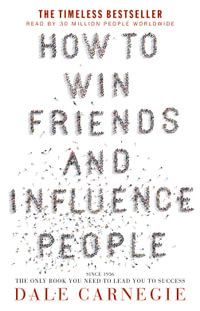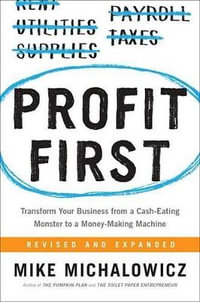From cartoons to boardrooms comes the statement, "It's not personal. It's just business."
Just a Job? Communication, Ethics, and Professional Life offers a provocative perspective on ethics at work. The book questions the notions that doing ethics at work has to be work, and that work is somehow a sphere where a different set of rules applies. This problematic line between work and life runs through the ways we commonly talk about ethics, from our personal relationships to the domains of work, including the organization, the profession, and the market. Talk about ethics is far more than "just talk," and this book shows how and why it matters.
Drawing from the fields of communication and rhetoric, the authors show how the very framing of ethics--even before we approach specific decisions--limits the potential roles of ethics in our work lives and the pursuit of happiness, and treats it as something that is meaningful only at special moments such as when faced with dilemmas, or as the last chapter in a business book. Separating ethics from life, we put it beyond our daily reach.
The authors argue against ethical myopia limited to spectacular scandals or comprehensive professional codes. Instead, they propose a master reframe of ethics based on a new take on virtue ethics, including Aristotle's practical ideal of eudaimonia or flourishing, which tells new stories about the ordinary as well as extraordinary aspects of professional integrity and success. By reframing ethics as not special, they elevate it to its rightful position in work and personal life.
Generously illustrated with examples and ideas from scholarly as well as popular sources, this book asks us to reconsider the meaning of and path toward the "good life."
Industry Reviews
"Clearly written and will be easily accessible to students. Throughout the book, the arguments and analyses rest on numerous specific examples from the authors personal experiences in the classroom, as well as recent news stories and popular culture. These appeals are very effective both in terms of clarifying aspects of the discussion and in terms of grounding the arguments....the books greatest value is as a resource for instructors who teach professional
ethics."--Journal of Mass Media Ethics
"A theoretically rigorous work that combines expertly chosen examples with profound analysis....well suited for advanced undergraduate or graduate classes focusing on organizational communication, work sociology, or ethics.... Just a Job? is a brilliantly written, well-referenced, and compelling book that is a must read for organizational communication scholars and anyone who is interested in the possibilities of 'the flourishing of all' (p.
260)."--Journal of Communication
"This well-written, well-referenced, state-of-the-art interdisciplinary research will challenge the way many scholars (and nonscholars) approach applied ethics....an important acquisition for most academic collections and highly recommended for courses in communications, leadership, organizational theory, business, and applied ethics. Highly recommended."--CHOICE
"Just a job? Communication, Ethics, and Professional Life eloquently demonstrates how ethics inform the way we talk, work, and live. The authors argue that while some moral decisions can be difficult, the daily choice to do the right thing in all aspects of life will ultimately make behaving ethically seem less like work. In this book, professional and personal ethics emerge, not as laws, sermons, or finger shaking prohibitions, but as the vibrant
foundation of a happy life."--Joanne B. Ciulla, Professor, Coston Family Chair in Leadership and Ethics, Jepson School of Leadership Studies, University of Richmond and author of The Working Life: The Promise and
Betrayal of Modern Work
"Just a Job? is a clearly written and provocative communication-centered approach to the ethics of work. Throughout the book, the authors explore the power, complexity, and implications of labels, definitions, metaphors, and narratives. They heighten our awareness of the implicit and explicit ways that communication both reflects and creates ethical issues. Rather than focusing on the traditional ethics of duty, consequences, and justice or on
ethical dilemmas, they illustrate everyday ethical situations and offer a revised and reformulated Aristotelian virtue ethics to complement more traditional theories."--Richard L. Johannesen, Emeritus Professor of
Communication, Northern Illinois University, Senior author, Ethics in Human Communication, 6th Edition

























